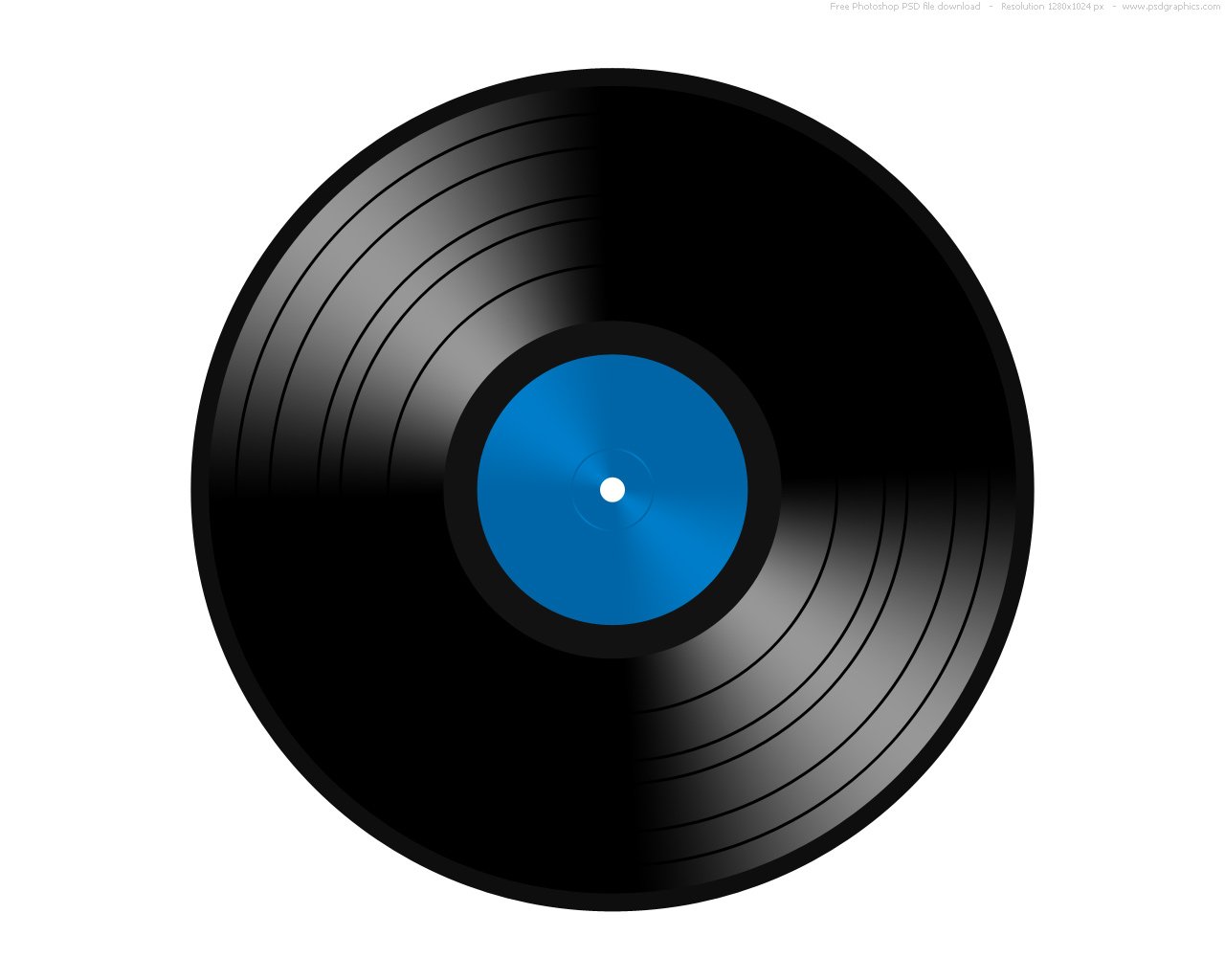Way back when copyright was first getting started in the United States, there was only one way to make your music go viral – through a music publisher selling sheet music.
The daily operations of music publishing have evolved, but their end goal is still the same – tell the story of the songs and get them performed.
Today, they’re responsible for collecting and distributing performance royalties, issuing grand rights, and getting songs used by commercial artists who don’t write their own music.
But music publishers also play a huge part in the music licensing process.
What does a music publisher control?
Music publishers represent or own catalogs of songs.
A song can be represented in any number of ways from recordings and sheet music, to live performances.
When it comes to music sync licensing, it’s technically considered a performance and anyone wanting to use a particular song needs to get a license from the music publisher for use of that song (they also need to seek out the master recording owner, typically a record label, for permission to use the sound recording).
The traditional model
Traditional music publishers were fairly reactive when it came to licensing music in media.
Mostly they would have a number of people (or just one person depending on the size of the company) answering phones and negotiating rates when someone called to request the use of a song.
Once music licensing started to become big business, most music publishers changed their ways (though, not as many as you’d think)!
The current model
Now you’ll find most major music publishers have people who’s job is to maintain a network of clients. They regularly contact music supervisors about new releases, old favorites, or live events that showcase their music in some way. At some companies the music placement staff also have a hand in new catalog signings.
Like record labels, music publishers will also try setting up showcases at ad agencies or conferences where music supervisors may be in attendance. All in the hopes that they will leave enough impression on the right person involved in music placement.
Since publishers typically have a stable of artists and writers, it’s important to do your research before signing a music publishing deal. Be sure to ask the right questions about their music licensing processes, and make sure they’re constantly testing unique ways to get your music licensed.
Why is music sync licensing so important?
Getting your song on TV can result in both a financial windfall and greater sales of your songs.
Songs that are used once, also often get re-licensed as well. In other words, if someone uses your song for an ad campaign, they will license it for a certain amount of time. Once that time expires, the original licensee then needs to pay again (usually at an increased rate) in order to continue airing the commercial without violating copyright law.
In the end, music publishing is a vital part of the music economy and a fantastic way to get exposure, and properly compensated for the use of your songs. Just remember, if you’re considering signing a music publishing deal, remember to consider all the pros and cons and find the right situation for you.
If you liked this post and want a jump-start to making music industry contacts, subscribe to my free newsletter for a free 8-part course on doing just that!


